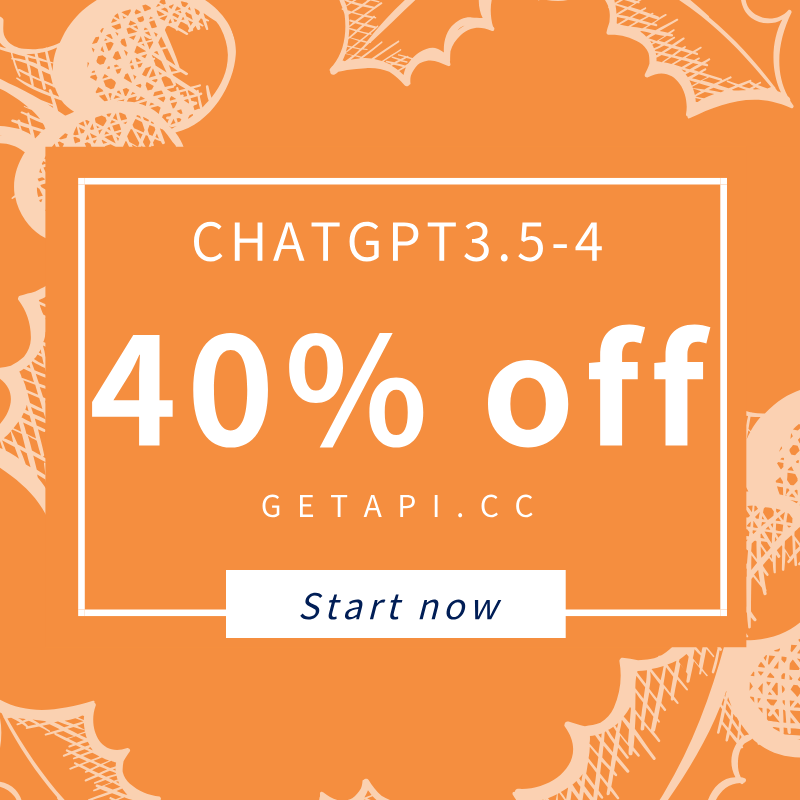Introduction: The Changing Landscape of AI Access
The AI revolution has been significantly democratized with the advent of OpenAI’s GPT-3.5 and GPT-4 models. These powerful tools have transformed industries, enabling innovative applications in natural language processing, machine learning, and beyond. However, with OpenAI’s recent decision to discontinue the free $5 credit for new users, individuals and businesses are searching for cost-effective approaches to leverage these technologies. This article provides a comprehensive guide to navigating this new era without the free trial incentive, focusing on strategies for minimizing costs while maximizing the potential of GPT-3.5 and GPT-4.

Understanding the Cost Structure of OpenAI’s Services
OpenAI’s pricing model is a usage-based system, where costs are incurred per token processed. Understanding this model is paramount for any user looking to integrate GPT-3.5 or GPT-4 into their projects. This section will delve into the pricing tiers and the token economy of OpenAI, providing insights into how costs accumulate and how users can plan their budgets accordingly.
With the discontinuation of the free $5 credit, users must look for alternative pathways to access GPT-3.5 and GPT-4. This guide will explore various options, such as seeking promotional offers, participating in OpenAI-sponsored contests, and accessing potential educational or research grants that may offer subsidized usage.
Collaborative Models and Community Projects
One way to reduce individual costs is through collaboration. This section will highlight community-driven projects and platforms where users can pool resources, share API keys under collective agreements, or access shared instances of AI models, potentially reducing the overall expense.
Efficient use of the API is vital for keeping costs down. Users must learn to optimize their queries, cache results for common requests, and structure their interactions with the AI in a way that minimizes token usage. This part of the article will offer best practices and tips for writing efficient prompts and managing API calls.
The Role of Open Source and AI Marketplaces
The open-source community and AI marketplaces offer alternatives to the official OpenAI offerings. This section will focus on platforms that provide access to similar AI models, often at a lower cost or even for free, under certain conditions. We will explore the landscape of these alternatives, their benefits, and their limitations.
Finally, this section will provide actionable strategies for individuals and businesses to harness the power of GPT-3.5 and GPT-4 without breaking the bank. From selective use of AI to enhance products and services, to integrating AI in cost-effective ways, readers will learn how to strategically deploy AI technologies within their financial constraints.


